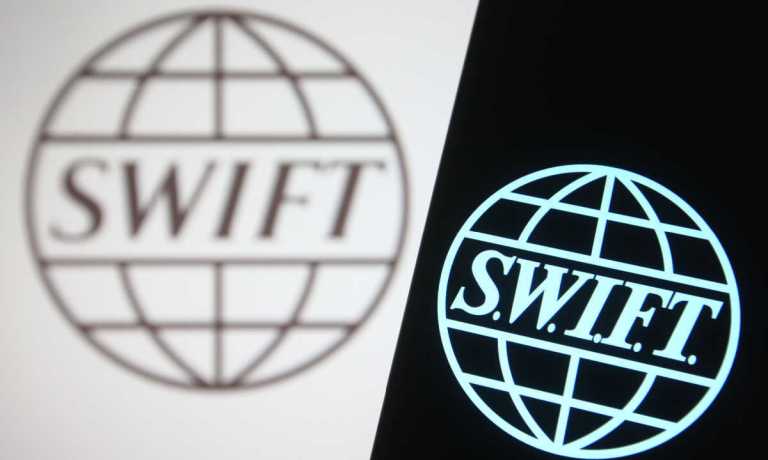Launched about eight months ago by financial messaging system SWIFT, in partnership with Capgemini and central banks from France and Germany, the study concluded that a “new CBDC interlinking solution” can be used to facilitate CBDC cross-border payments, according to a LinkedIn post on Wednesday (Oct. 5) by Nick Kerigan, SWIFT Managing Director and Head of Innovation.
See also: SWIFT to Test CBDC Ability to Facilitate Cross-Border Payments
“[The] new CBDC interlinking solution can enable CBDCs to be used seamlessly and scalably for cross-border payments. Developed together with Capgemini, [it is] now being tested in a CBDC sandbox by 14 central and commercial banks, including the Banque de France, Deutsche Bundesbank, HSBC, Intesa Sanpaolo, NatWest, SMBC Group, Standard Chartered Bank, UBS and Wells Fargo,” Kerrigan said in the post.
Using a technical connection between networks, SWIFT’s solution can interlink CBDC networks and existing payment systems for cross-border transactions, according to the report.
“Our teams were able to build a simulation of SWIFT’s enhanced platform and a Connector Gateway that combined are capable of linking these networks together at the technical level,” per the report.
Advertisement: Scroll to Continue
Read more: SWIFT Launches AI Tool to Predict Cross-Border Payment Problems
“We believe our solution can offer a seamless transaction flow on a highly scalable model, with no manual intermediary message initiation required,” according to the report.
SWIFT points to data from the Bank for International Settlements (BIS) stating that nine out of 10 central banks are now exploring CBDCs, which account for over 90% of global GDP. Nine countries, including Nigeria and The Bahamas, already use their own digital currency.
Related: SWIFT Plots Real-Time Role for Next 50 Years of Cross-Border Payments
The company said its strategy is to “achieve instant and frictionless cross-border transactions … and in that context, we have been researching CBDCs for a number of years,” per the report.




